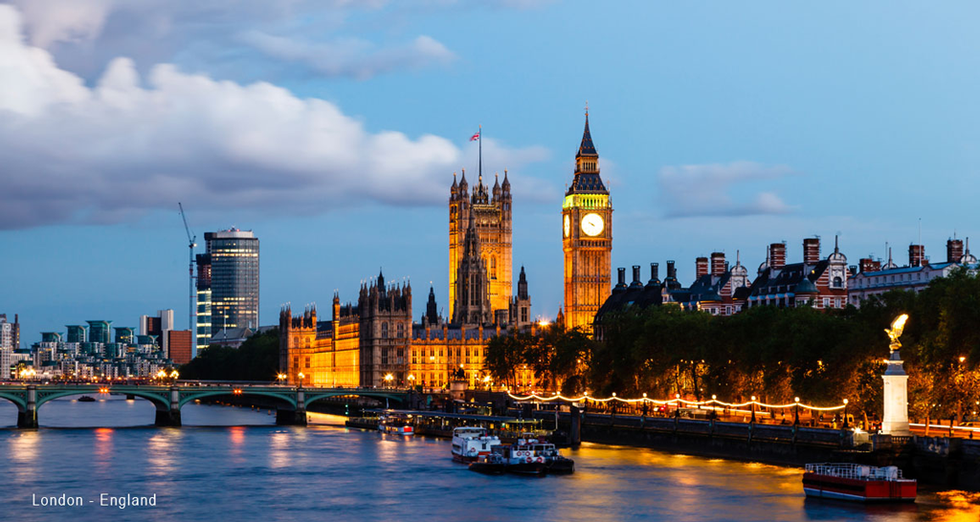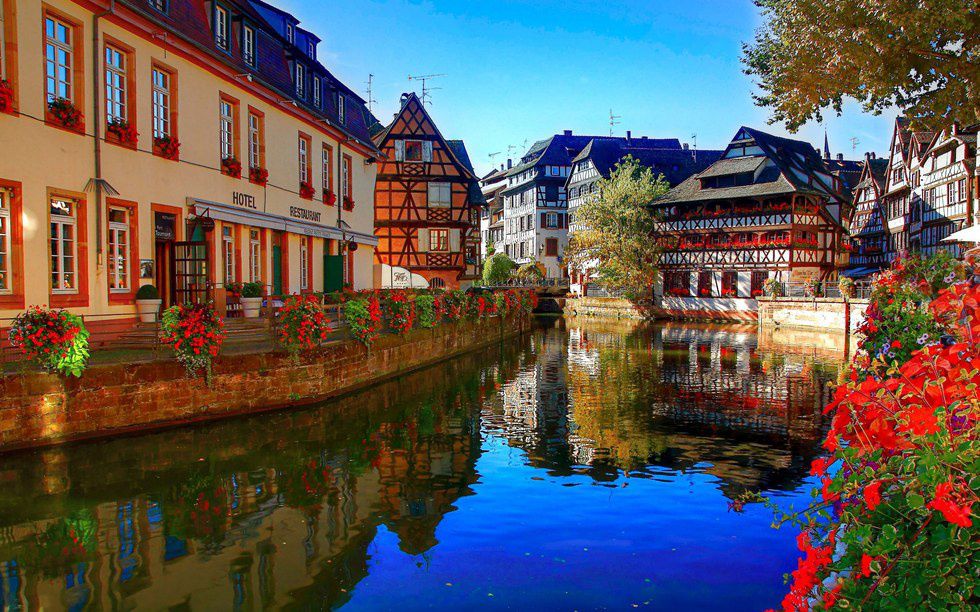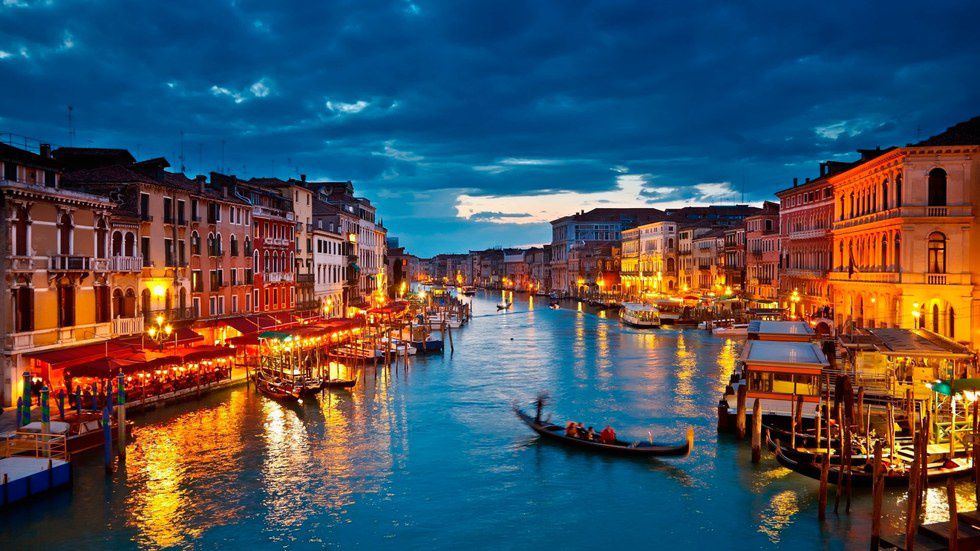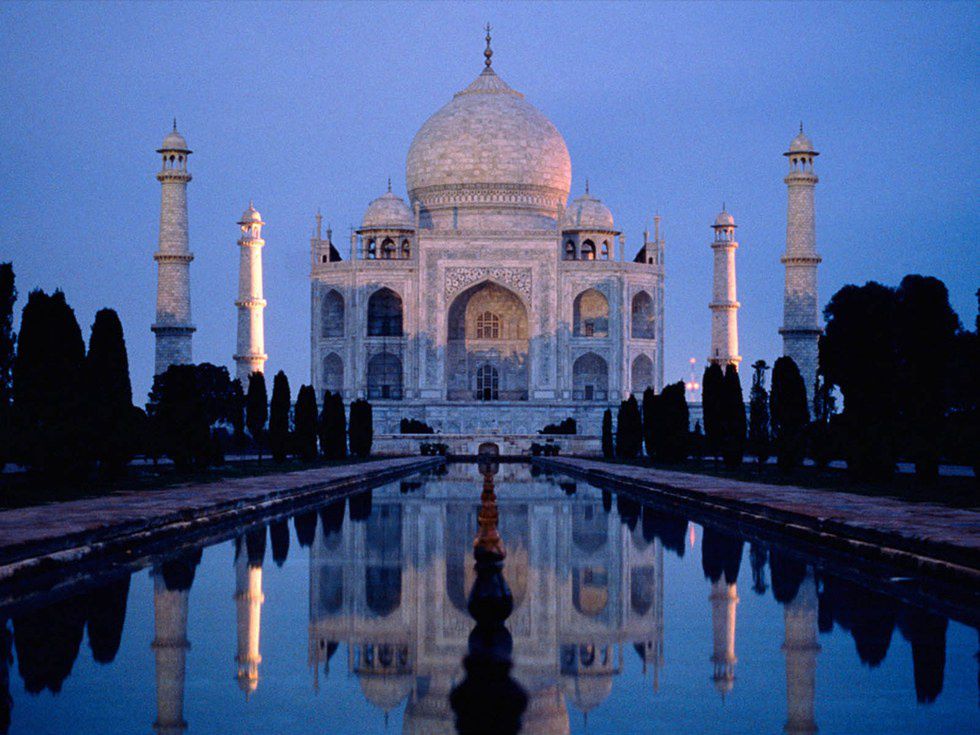In every language, there's a word that is used to greet others. In English, we have "hello," but have you ever wondered what it actually means and how we started saying it? Why do we even have greeting words? Why don't we just start talking right away without saying hello?
We don't do anything that's meaningless, so there must be reasons why we say hello. It's not just because it's useful, but recognizing someone's presence and saying hello is a very important part of our communication. In different languages, words for hello slightly differ from one another. Hola, guten tag, aloha, nihao... Do you know what they all mean?
Hello (English).
The origin of hello is the French holà; it roughly means "whoa there!" (ho, là). Even though holà hasn't been used in French as their way to greet, apparently that's where it all started! Any hellos that sound like hola, hello, ola or hallo are from the same origin.
Bonjour (French).
As some of you might already know, bonjour means "good day!" There are a lot of hellos that mean "good day!" Guten tag from German, goddag from Danish, buongiorno from Italian; they all mean good day!
Sawubona (Zulu).
The Zulu greeting, Sawubona means we see you. They use "we" instead of "I" because they believe that their eyes are connected to their ancestors' eyes. The other person would respond with, Yabo, sawubona (yes, we see you, too). By letting them know that you see them, you are inviting them to participate in your life with deep witnessing.
你好, nihao (Chinese).
It literally means: you good? (Ni meaning you, hao meaning good.) It is used like hello but the actual meaning comes closer to the phrase "how are you?"
In fact, you can say "how are you?" just by adding "ma" at the end of the phrase.
Ciào (Italian).
Здравейте, zdraveite (Bulgarian).
Zdraveite! It derived from a Bulgarian word zdrave, which means health. When people say hello in Bulgaria, they are wishing the other person to stay safe and healthy.
Aloha (Hawaiian).
According to a folk etymology, the word aloha is a compound of Hawaiian word alo meaning "presence," "face" and "share," and ha meaning "essence of life." It is said from the heart with feelings of love, peace and compassion.
こんにちは, konnichiwa (Japanese)
The literal meaning of konnichiwa is "today is..." Yes, it is the beginning of a sentence and they never say the end of it. Some claim that it continues with gokigen ikaga desuka?(How are you today?) and others claim that it continues with iihi desune (today is a good day).
שָׁלוֹם, shalom (Hebrew).
Shalom is a term used as hello and goodbye and many people know that it has a meaning of "peace." However, peace is just a part of it. Shalom means completeness, wholeness, health, peace, welfare, safety soundness, tranquility, prosperity, perfectness, fullness, rest, harmony, the absence of agitation or discord. Shalom comes from the root verb shalom, meaning to be complete, perfect and full. When you say shalom, you are wishing them a wonderful life with everything that shalom means!
नमस्ते, namaste (Hindu).
The word derived from Sanskrit and is a combination of the word nama meaning bow, obeisance or adoration, and te meaning to you so it means "I bow to you." It is usually spoken with a slight bow and hands pressed together; this gesture means, "The divine in me bows to the divine in you."































